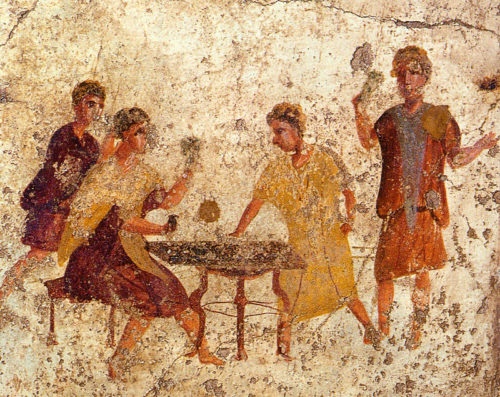
Ronald Reagan gave a very strange speech at the United Nations once. He spoke about how the nations of the world would settle their differences and come together if faced with an extraterrestrial threat. This is actually a reference to a law of human psychology, and this same law provides the best argument for increasing our refugee quota.
There no denying that social solidarity has steeply declined in New Zealand over the past 25 years. Ever since the Mother of all Budgets, as a consequence of which the rich and the poor learned to truly hate each other, we have seen a Labour Government open the borders to Pacific Island immigration, and then a National Government open the borders to Asian immigration.
After all this, New Zealand citizenship has been devalued so much that hardly anyone really feels like a Kiwi anymore, apart from in the most superficial ways.
There’s no longer any cultural value that defines us as unique among the cultures of the world. Some say we are “multicultural” but that’s just another way of saying that we have nothing in common with each other. Some say we have the All Blacks but for the majority of immigrants, who could just as happily have ended up in Australia, this is little more than a flag of convenience.
Seeing what’s happened in Europe in recent decades, however, gives us a clue as to how we can strengthen our national bonds.
For the vast majority of its history, the kings and tyrants who wished to unite Europe faced a particular problem. Europe is an extremely culturally diverse continent, and the vast majority of Europeans hate basically everyone else. So they have never been inclined to unite under the banner of “European” because they identify with their village above all and then their shire and maybe at a stretch with the idea of a nation.
The idea of a “European race” is really a New World idea, applied retrospectively by American, South American and British Empire thinkers to the old continent, to describe how it appeared in contrast to their own racially heterogenous societies. Europeans aren’t fond of it.
However, the rulers of the European Union know one thing about the fundamental laws of human psychology: nothing brings a disparate group of people together faster than a common enemy. To that end, the last twenty years of mass Muslim immigration has been a godsend.
It’s inevitable, given the tenets of the faith that they follow, that if large numbers of Muslims immigrate to a particular locale, they will end up clashing with the incumbents. There’s simply no way that an ideology that commands its followers to seek out non-believers and kill them can co-exist with its neighbours, any more peacefully than Nazism could.
So now, a curious phenomenon has arisen in Europe. Any two Europeans (or Western Europeans at least) can meet and share a common story of how much they hate Muslims. Every European now has a story about being robbed or beaten, or their car set on fire, or their girlfriends sexually harassed, by a Muslim.
This has led to bonds of intra-European solidarity first starting to appear all across the continent, and now – as more stories are shared – starting to strengthen. An astute observer of history can see the battle-lines being drawn already.
If New Zealand lets in a large number of Muslim refugees, such as the 5,000 per year that the Greens and The Opportunities Party are proposing, then it’s only a matter of time until the first Truck of Peace attack kills a significant number of Kiwis. The terrorists, when they make their move, will not discriminate between types of Kiwi: we will all be infidel.
It is then that we all – Maori, Pakeha, Islander and Asian alike – will have, for the first time since World War Two, a mutual enemy. Therefore, it may be that the country needs mass Muslim immigration so that Kiwis – as the Europeans have been forced to do – can come together in mutual rejection of the hate ideology of Islam, as we once did against the hate ideology of Nazism.
However, this is also very close to the worst argument for taking in thousands of refugees.
Over a century ago, it was prophecised by high-ranking Freemason Albert Pike that World War Three would involve the mutual annihilation of Israel and the Muslim world, leaving the Christians in charge of the planet.
If one looks at the mass Muslim immigration that Western political leaders have pushed on us over the last twenty years, it’s possible that the West is being conditioned to hate Muslims with the intent of making Westerners psychologically ready to wipe them out if they should annihilate Israel. If this is the case, it might not matter what we do.
However, taking in a large number of Muslims may, in the short term, bring Kiwis of all races together in mutual rejection of infant genital mutilation, abuse of women, abuse of homosexuals, hatred of Jews and hatred of outsiders. We should keep in mind, however, that doing so is truly to play with fire.



